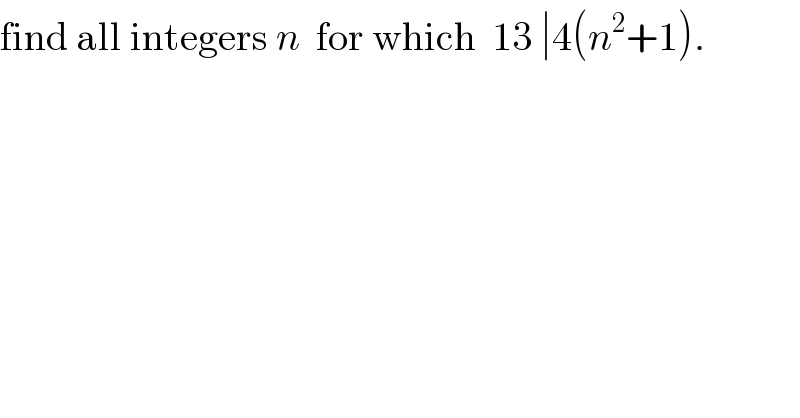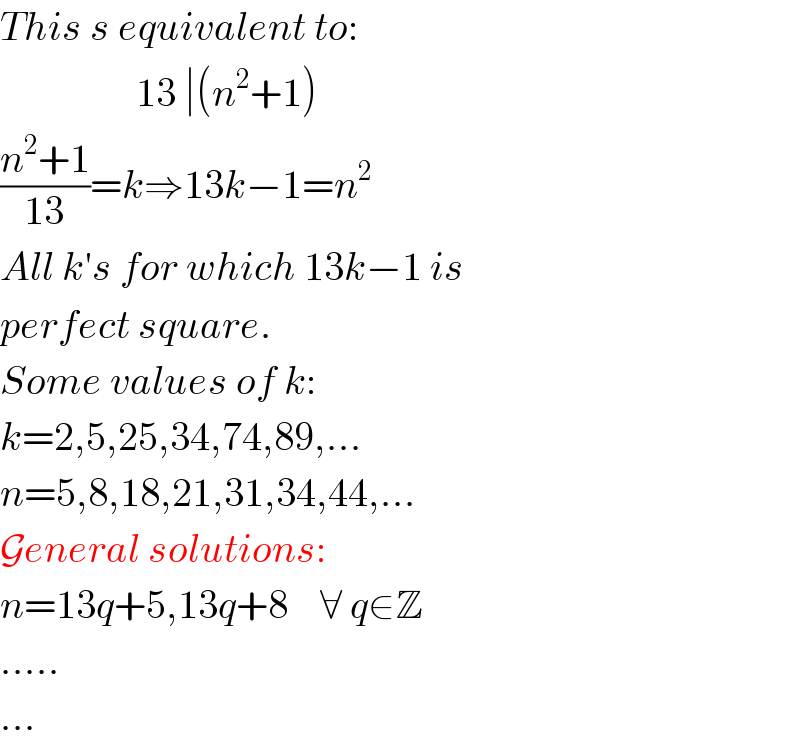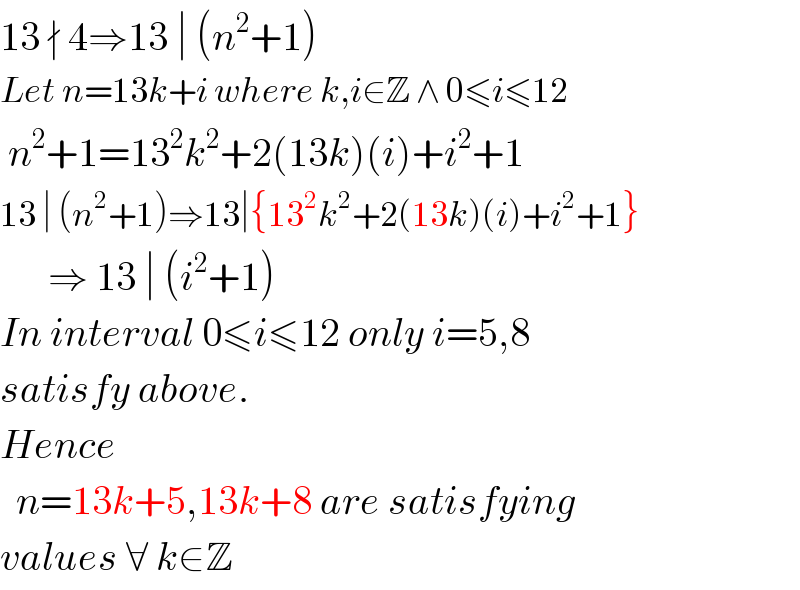
Question and Answers Forum
Question Number 94097 by Rio Michael last updated on 16/May/20

Commented by Rasheed.Sindhi last updated on 17/May/20

Answered by Rasheed.Sindhi last updated on 17/May/20

Answered by Rasheed.Sindhi last updated on 17/May/20

Commented by Rio Michael last updated on 17/May/20

